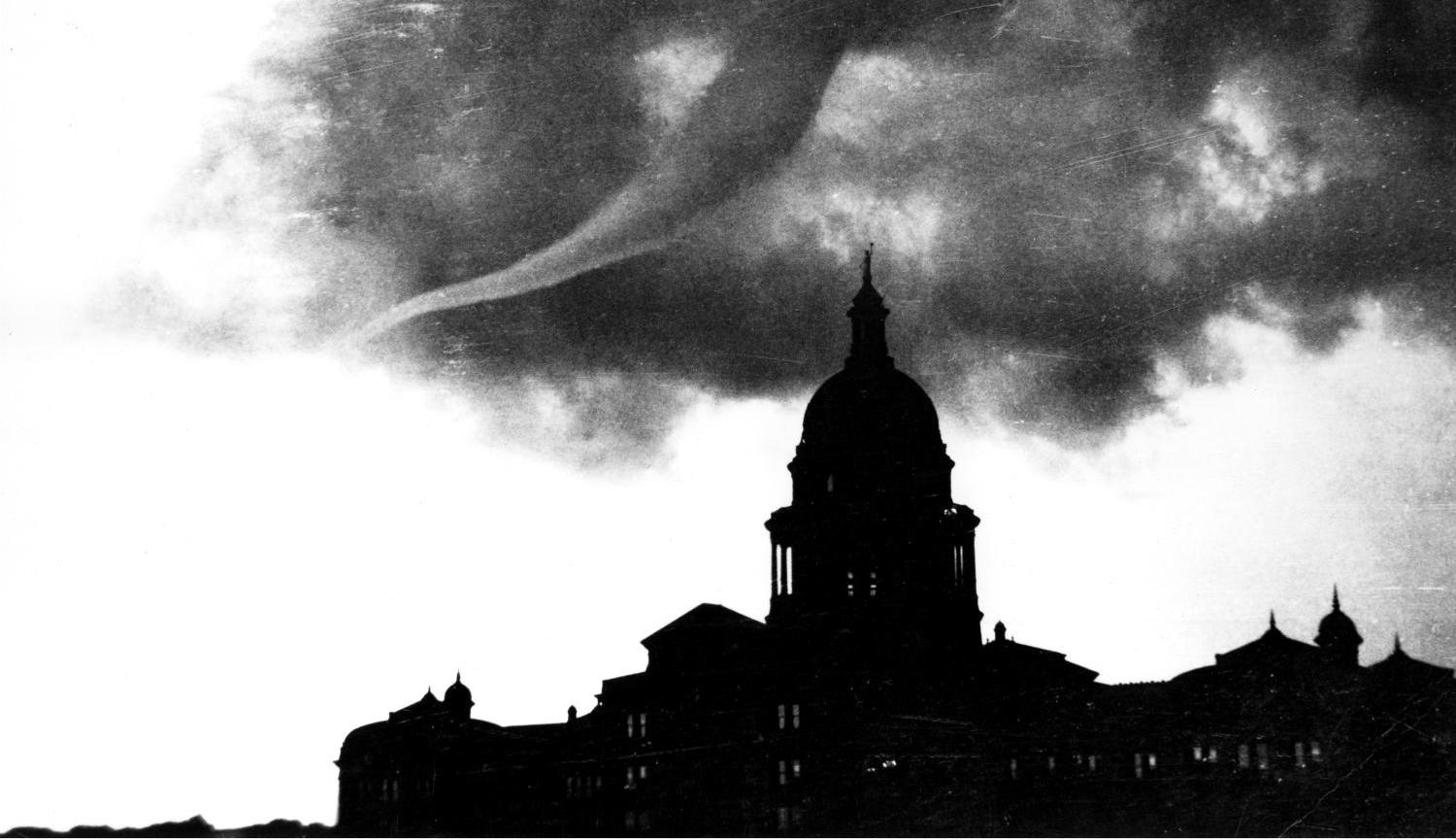ustxtxb_obs_1979_08_24_50_00026-00000_000.pdf
Page 9
Legislative Reprint Available now, in a single 80-page booklet, is the Observer’s complete coverage of the 66th Legislative Session. This compilation, taken from issues dated February 2 through June 22, 1979, includes all the articles published during the session plus the post-session summaries and the Observer’s evaluation of each member’s position on key votes. More than recent history, it’s a revealing docOmentation of the way Texas’ legislative politics works. If you were reading the Observer during the session, this reprint although it contains no new materials except for a short introduction and table of contentscould be useful as a reference work . .. or as a valued gift for friends. If you are a recent subscriber, here’s your chance to catch up with the other readers. Copies are $2 each, plus a 50 cents per order charge for postage and handling. THE TEXAS OBSERVER 600 West 7th Austin 78701 \( “L. OBS Villik t -_,A IZiaZtrti:ettal \(“A VIR, ir , \\\\J_I r111,01,0 _____ 1000 West Lynn, Austin, Texas 478-3001 Store hours: Mon-Sat 9:30-7, Sun 12-6 Come to Austin for the Texas Consumer Association’s 12th Annual Cotwention Saturday Sep. 29th Stephen F. Austin Hotel $15, luncheon included For ticket information call Good books in every field JENKINS PUBLISHING CO. The Pemberton Press John H. Jenkins, Publisher 411 Box 2085 Austin 78768 market, and the picketerssubject to mass arrests and, many charged, beatings and brutalitywon no union contract. The Rangers, widely known that year as “John Connally’s strikebreakers,” were stoutly defended as “honored lawmen” by the governor. A lengthy report on “The Rangers and La Huelga” appeared in the Observer of June 7-23, 1967. Eds. Connally staying out January 12, 1968 It appears that, barring a last minute change of mind, Gov. John Connally will stick by his decision, announced in November, not to seek a fourth term. .. . The practical considerations in taking such a stand during a heated primary, as 1968’s will be, plus the genuine fatigue in serving at the Texas Capitol, his announced lack of patience for continuing with the job, the fourth term issue, the disaffection of Mexican-Americans and some Negroes, and burgeoning voter registration all now appear to be persuasive in assuring that Connally will not be in the race this spring. . . . Several reporters have written that President Johnson did not ask Governor Connally to run this year and there is impose on his friend by asking him to make such a race when Connally has lost can better use Connally in tending to matters throughout the nation during this election year . . . figuring that Texas probably can’t be lost to the national party in November regardless of who the Democrat is in the gubernatorial race this fall, and if the state is lost it won’t matter anyway, as Johnson will be losing perhaps it would be better to let liberals have at least a chance at electing a governor, since that would energize the party’s most active precinct workers, which the liberals are. Favorite son April 12, 1968 Texas’ establishment Democrats are now busying themselves about adjusting their 1968 electoral goals, shocked by the announced withdrawal of President Johnson, worried about the effects of LBJ’s loss upon their control of Texas politics. . . . The strategy developed by the party’s ruling hierarchy is to unite behind Gov. John Connally as a favorite son candidate at the national convention, this devised as the most effective way of preventing either Kennedy or McCarthy from picking up Texas’ 104 convention votes. Connally is certainas certain as was Johnsonof having the votes of the Texas delegation at Chicago. . . . [Ron] Platt [Kennedy leader] believes Connally will be the South’s candidate at the national Democratic convention. Connally says he has had calls from 20 states about his favorite son bid. .. . Although Connally later said he was accepting the nomination not as a standin for any candidate, but to provide leadership for the Texas delegation, it was generally believed that the governor’s candidacy is designed to hold the Texas delegation for Humphrey. Man who would be Veep August 9, 1968 John Connally wants to be Hubert Humphrey’s running mate. It is our reading that Connally has about a 30 percent chance of having his wish. The Texas governor knew by last Christmas that Lyndon Johnson would not run again. . . . Connally announced he would not run for governor again. Then Johnson announced he would not run for president again. Then Connally said that he knew of no particular qualifications Sen. Edward Kennedy had to be vice president. Humphrey should choose, for his running mate, someone who is less liberal than Humphrey, the Texas governor now declares. When Connally announced he would take the Texas delegation to Chicago pledged to him for favorite son, he said one reason he was doing it was the prospect of Washington, D.C., not having a dominant Texan on the scene for the first time in decades. This is conservativeDemocratese for saying that, since Sen. Ralph Yarborough is a liberal, Connally ought to be installed on the Washington scene to really protect the oil industry and other such “Texas interests.” .. . It is a reasonable reading on these facts that Connally told Johnson he wanted to be Humphrey’s vice presidential running mate and that Johnson wants Connally on the ticket. In this light, Newsweek’s report currently that Humphrey is under “unbelievable” pressure from Johnson to select Connally is not surprising. Connally has been with Johnson since the late 1930s and knows where all the bones are buried. .. . The convention September 6, 1968 Governor Connally and his delegation played an important role in the passage of the majority plank on Vietnam. . . . The governor’s remarks [before the platform committee] were broad enough to condemn all three leading Democratic doves, Senators McCarthy, Kennedy, and McGovern . . . He received a standing ovation from approximately half the 26 AUGUST 24, 1979


